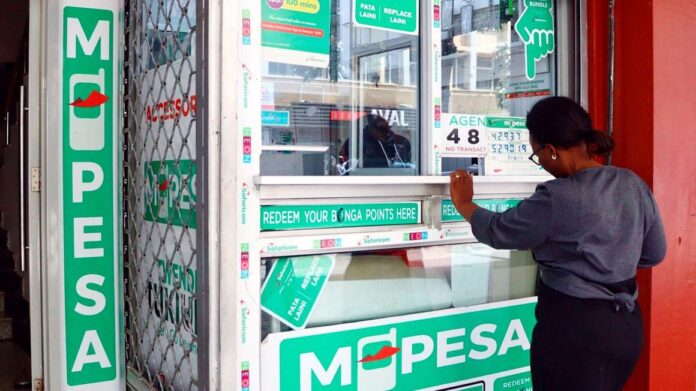Kenya’s micro and small enterprises (MSMEs) prefer to keep their money in mobile wallets and chamas instead of banks and saccos in a new savings trend that is expected to adversely impact the volume of bank and Sacco deposits, new survey shows.
The findings of a MSMEs Tracker Survey by Central Bank revealed that more than 51 percent (51.5 percent) of the businesses save in mobile money wallets such as MPesa, Airtel Money and T-Kash while 42.7 percent save in chamas or groups.
The proportion of MSMEs that save in banks (including microfinance banks), mobile banking (M-Shwari and KCB M-Pesa) and Saccos stood at 30.8 percent, 25.4 percent and 11.3 percent respectively.
On the other hand, the proportion stashing in secret places including cash boxes was 23.9 percent.
Among the female-owned businesses, 57.3 percent save in chamas/Groups while 55.1 percent of the male-owned businesses save in mobile money wallets such as MPesa, according to the survey.
Owner-operated businesses and those with one to nine employees save in mobile money wallets at 51.5 percent, 51.4 percent, 52.8 percent and 50.2 percent, respectively.
“Saving in Saccos is lowest across all categories,” according to the survey.
In June, bank savings and deposit rates stood at 3.48 percent and 7.82 percent respectively, compared with a lending rate of 13.31 percent.
The survey, which was conducted in June, sampled 1,961 businesses of which 1,422 (72.6 percent) were still operational while 539 (27.4 percent) had closed.
About 57.6 percent of the operational businesses were female-owned and the remainder, male-owned.
The survey shows that 63.4 percent of MSMEs save for daily household needs, 62.3 percent for educational needs and 55.6 percent for business expansion while 4.7 percent save for unexpected occurrences/ emergencies.
More female owned businesses saves for daily household needs at 65.5 percent compared to male owned businesses at 60.6 percent.
The MSMEs with 1-9 employees saved more for education at 70.5 percent compared owner operated business at 59.4 percent.
Rural-based MSMEs saved more for farming activities at 29.6 percent compared with their urban counterparts at 15.6 percent.
The survey was conducted by the Central Bank in collaboration with the Kenya National Bureau of Statistics and Financial Sector Deepening Trust Kenya.
According to the survey 60.7 percent of MSMEs defaulted on their loans in June 2023 compared with 42.8 percent in October 2022, with the rate of default being high among female owned businesses.
“The rate of default increased among businesses with no employees but declined among the businesses with 1-9 employees,” according to the survey.
The MSMEs experience many challenges including inconsistent cashflows arising from high cost of doing business which negatively impacts their profitability and market linkages, which in turn limits their ability to grow.
To counter this, MSMEs take loans to remain afloat. However, with harsh economic conditions, these businesses tend to default their loans by either paying late, miss a payment or pay less amount than expected.




